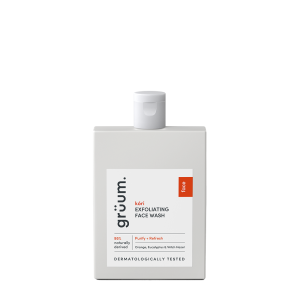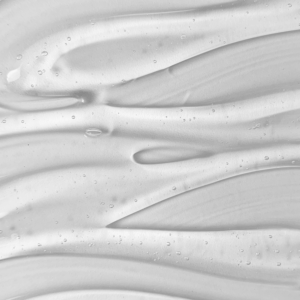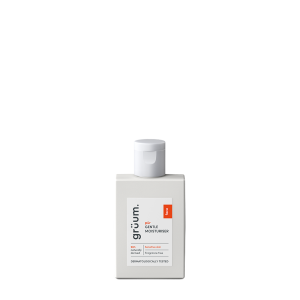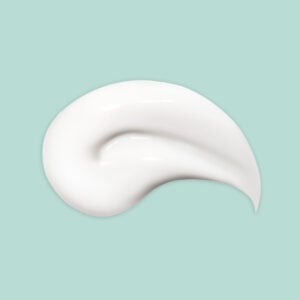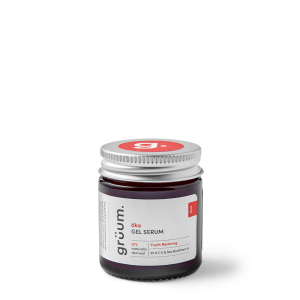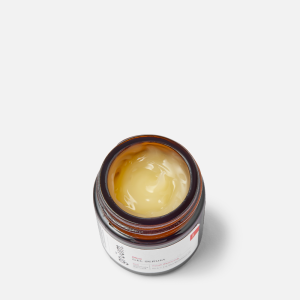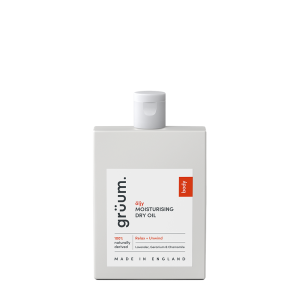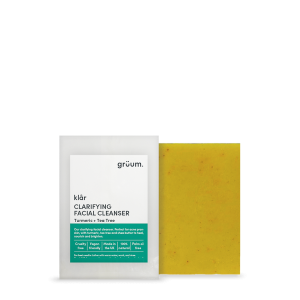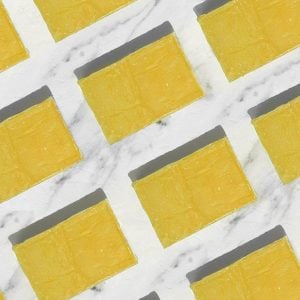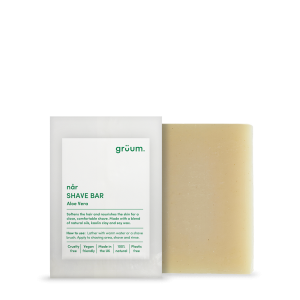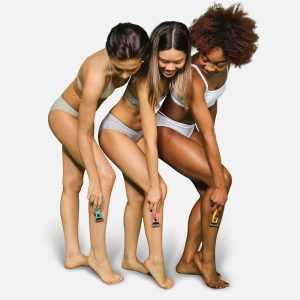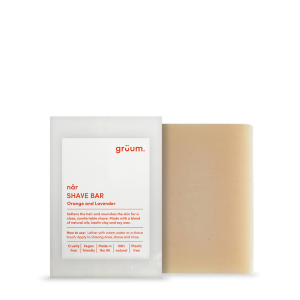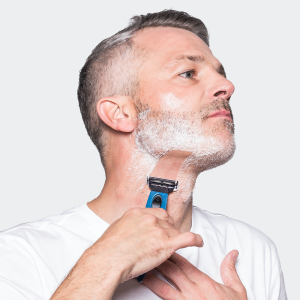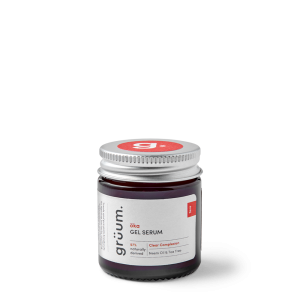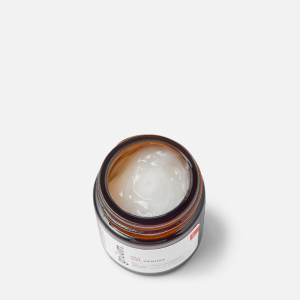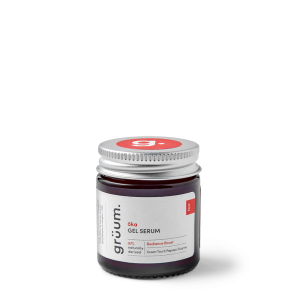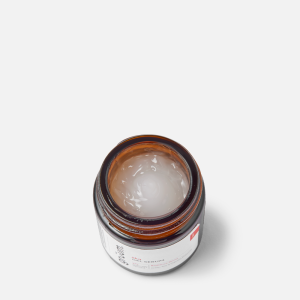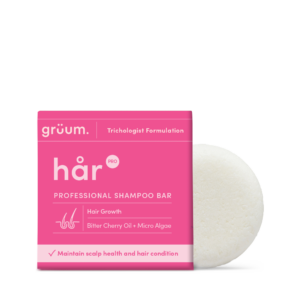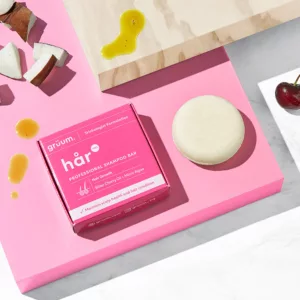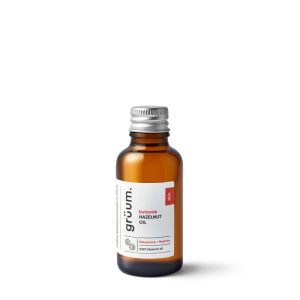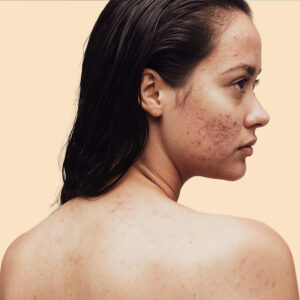Antioxidants, the beauty buzzword we’ve all heard of… but what do they actually do?
We’re taking a deep dive into the science behind antioxidants, to shine a light on these skincare heroes.

What are antioxidants?
Antioxidants defend against and repair oxidative damage done to your cells by free radicals. When used correctly, they can slow down and even reverse the signs of aging. Antioxidants come in many different forms, and are abundant in lots of seeds, fruit, nuts, tea and veg. They can be consumed as part of a balanced diet, and applied topically as part of your skincare regime.
Perhaps the most familiar isolated antioxidants are vitamin C, vitamin E and beta carotene (a good source of vitamin A). However, there are LOADS of antioxidants out there, including… (deep breath) coenzyme Q10, glutathione, phytoestrogens, lipoic acid, polyphenols, flavonoids, phenols and carotenoids. They can also be found in the minerals selenium and manganese. And that’s not even all of them!

What are free radicals?
Free radicals are created when we eat and exercise, as well as when we’re exposed to sunlight, air pollution and cigarette smoke. Free radicals want electrons. They steal these electrons from neighbouring cells, and in the process, can alter the structure and function of those cells, even in some cases affecting the coding of our DNA. This is known as oxidative damage.
Free radicals are a completely natural occurrence, even if they’re not so fun to be around. However, lots of free radicals or an excessive ‘chronic amount’ can lead to oxidative stress. This is when your cells are bombarded with high levels of free radicals on a long term basis and can lead to the development of chronic diseases, signs of aging and other ongoing issues.

Bring in the cavalry!
As free radicals have been sprouting up and causing a ruckus in the human body for quite some time now, it’s no wonder that nature has provided a few solutions. Our bodies produce a range of molecules that work to quench the free radicals’ thirst. Vitamin E for example, exists naturally in the epidermis, doling out electrons left right and centre, to hungry free radicals. This satisfies them and deters them from disturbing your cells, leaving them intact and functioning as they should.
By consuming and applying antioxidant-rich components, we’re essentially topping up our natural levels of antioxidants, so we can defend ourselves as best as possible from oxidative damage. This is particularly important during spring and summer, when exposure to UV rays increases. Always wearing sunscreen helps too!

The French Paradox
When consumed, antioxidants can help with cholesterol levels, reducing chances of cardiovascular illness and cancer. However, they’re a complicated bunch. An example of this is The French Paradox. France is famous for it’s cheese, meats and tasty treats. So scientists were surprised to discover that french residents who ate a diet high in saturated fat, also had remarkably low cases of cardiovascular illness. This was attributed to drinking lots of red wine, which is rich in polyphenols, a group of antioxidants found in grapes.
However, when a study was conducted offering this same isolated antioxidant (resveratrol – hold the wine) as a supplement to people over a number of years, the results were insignificant. It seems that some antioxidants work best as part of a team.

Crossing the border
The French Paradox has taught us that different antioxidants work in different ways, it’s not as simple as smearing multivitamins all over your face.
While some isolated extracts may work alone, others require a combination of ingredients and an accommodating environment to be converted into something useful.
For example, vitamin C is famed for it’s brightening effect. However, vitamin C actually works best alongside vitamin E, which helps the skin to absorb the vitamin C. If your skin can’t absorb the vitamin, then it can’t fully benefit from it’s brightening properties. That’s why we make sure vitamin E is present in our facial moisturisers.
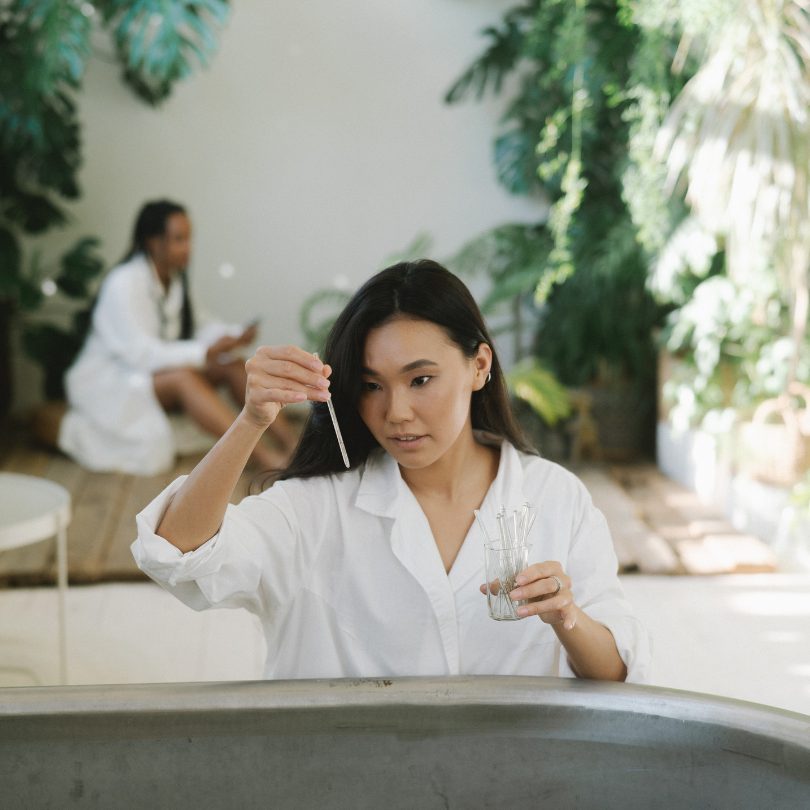
Antioxidant studies & recommendations
There are so, so many antioxidants out there! To demonstrate this, let us introduce some less famous ones, alongside the legendary…
Vitamin E
Proven to offer protection from harmful UV rays, reducing the signs of aging by deflecting and repairing cell damage. The above study found that vitamin E:
“Significantly reduced acute skin responses such as erythema and edema, sunburn cell formation, lipid peroxidation, DNA adduct formation, immunosuppression as well as UVA-induced binding of photosensitizers were demonstrated when vitamin E was applied before UVR exposure. Skin wrinkling and skin tumor incidence due to chronic UVR exposure seem also to be diminished by topical vitamin E.”
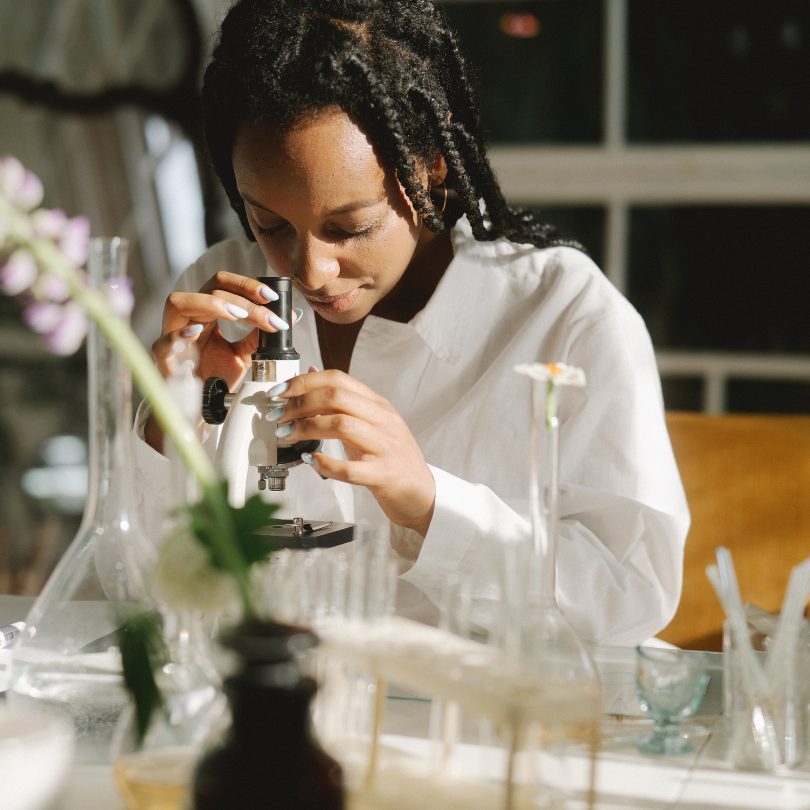
Polyphenols
Famously found in red wine, berries and green tea. There are lots of different types of polyphenols. They’ve been proven to reduce stress from UV rays and other pollutants. A study was conducted around polyphenols as an aid for UV-induced skin inflammation, proliferation, immunosuppression, DNA damage and dysregulation of important cellular signaling pathways, as well as skin cancer management.
It found that our wine friendly antioxidant could help to defend against environmental stressors, particularly inflammatory UV radiation, with scientists recommending they be added to sunscreen as an additional form of protection.
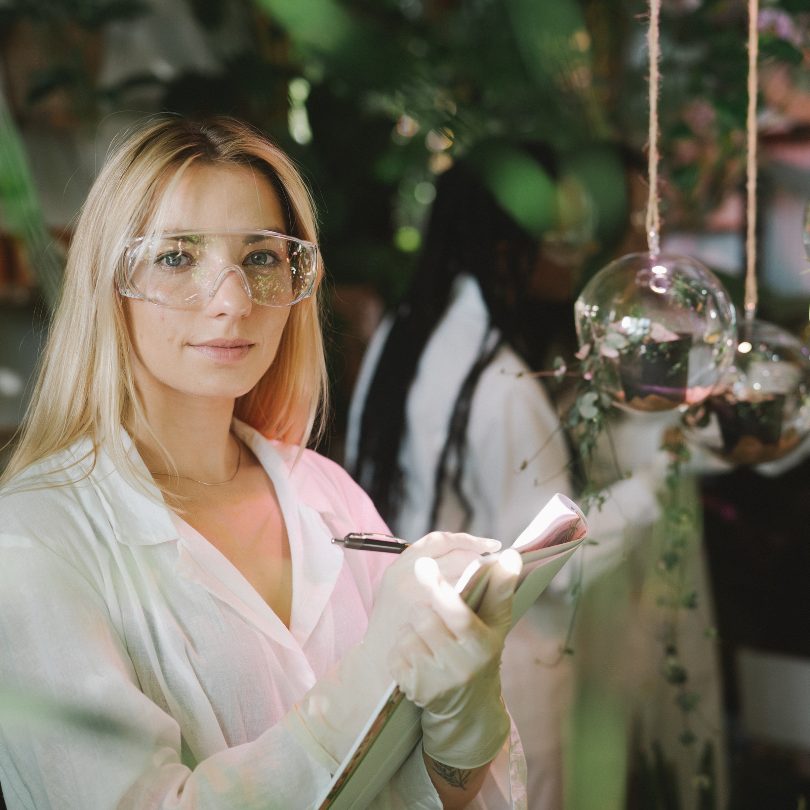
Flavonoids
These naturally exist in things like citrus fruits, tea, cabbage and much more. They’re famous for their photoprotective, anti-inflammatory, anti-viral and depigmentation skills. Which is part of the reason why many of our brightening products have citrus in them.
Bonus: Flavonoids are also vasodilators, which means they encourage healthy blood flow, reducing puffiness, the appearance of wrinkles and dark spots.There’s currently a lot of research being done around flavonoids, not just in dermatology, but in a number of areas, including neuroscience.
These are just three examples of a wealth of research around antioxidants. There’s still a lot to discover, but the future is promising. When used correctly, antioxidants offer a natural, balanced solution to everyday issues that our bodies must deal with. They’re not a cure all – nothing is – but they are proven to help your skin and your body to thrive.
👇 Shop our antioxidant range
-
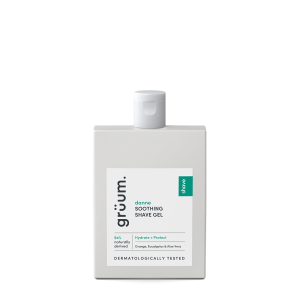
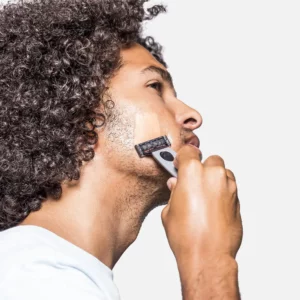 Bestseller
Bestsellerdanne Clear Shave Gel | 120ml
£8.00 — available on subscription from £5.00 every monthQuick Adddanne Clear Shave Gel | 120ml
£8.00 — available on subscription from £5.00 every monthIn stock
